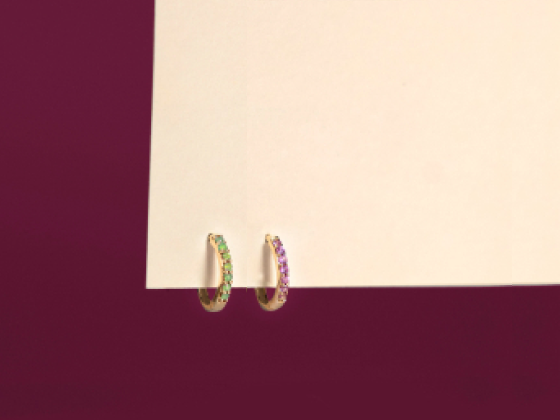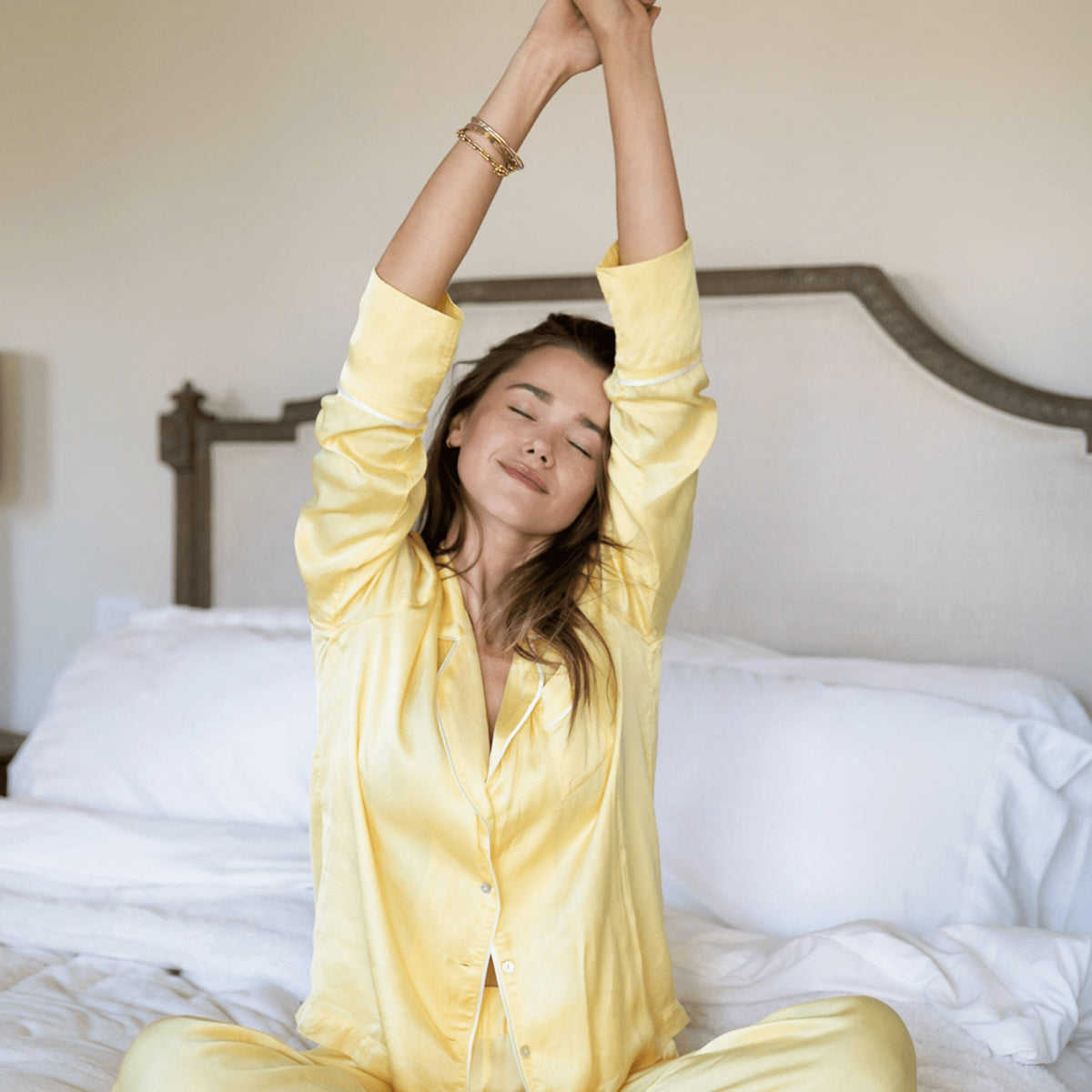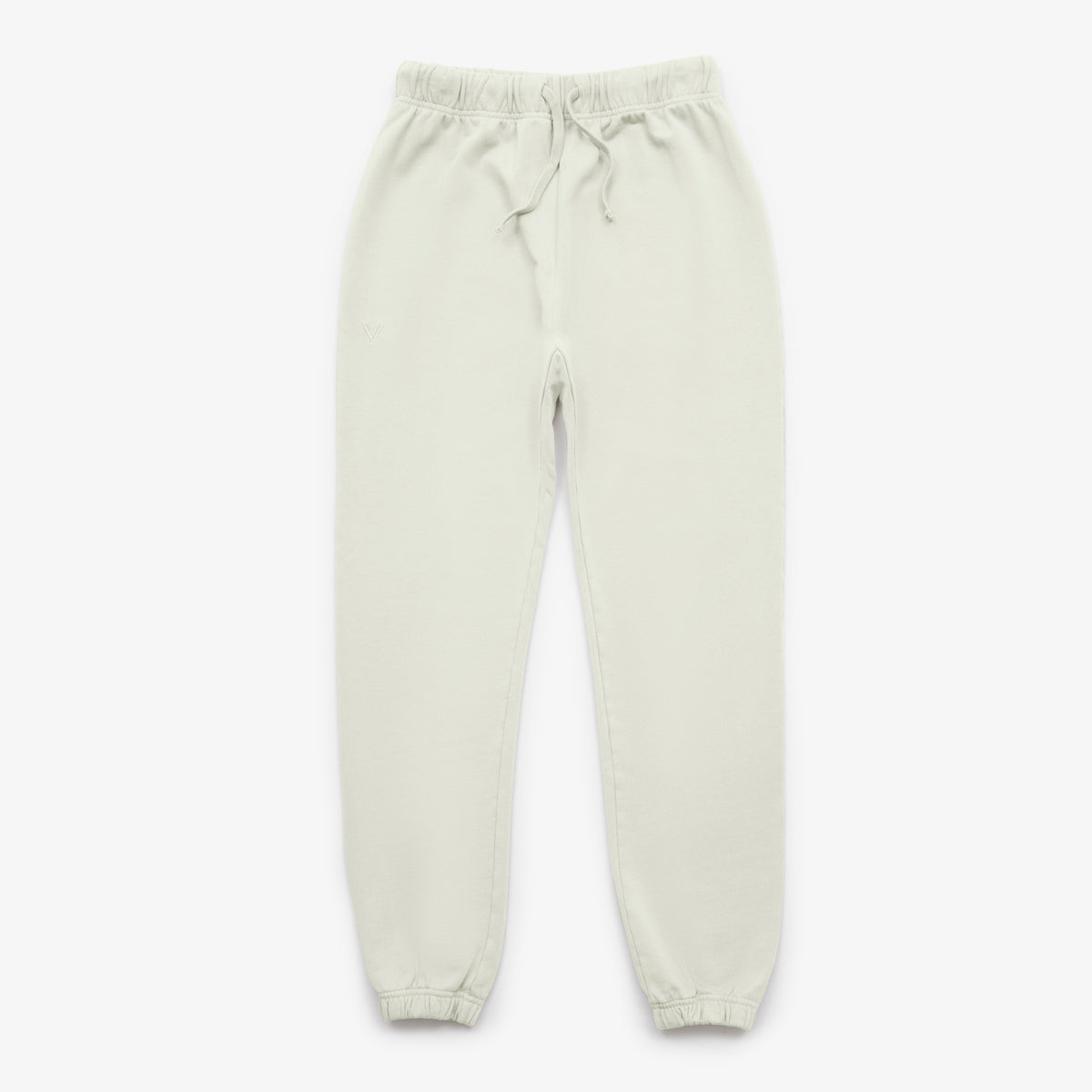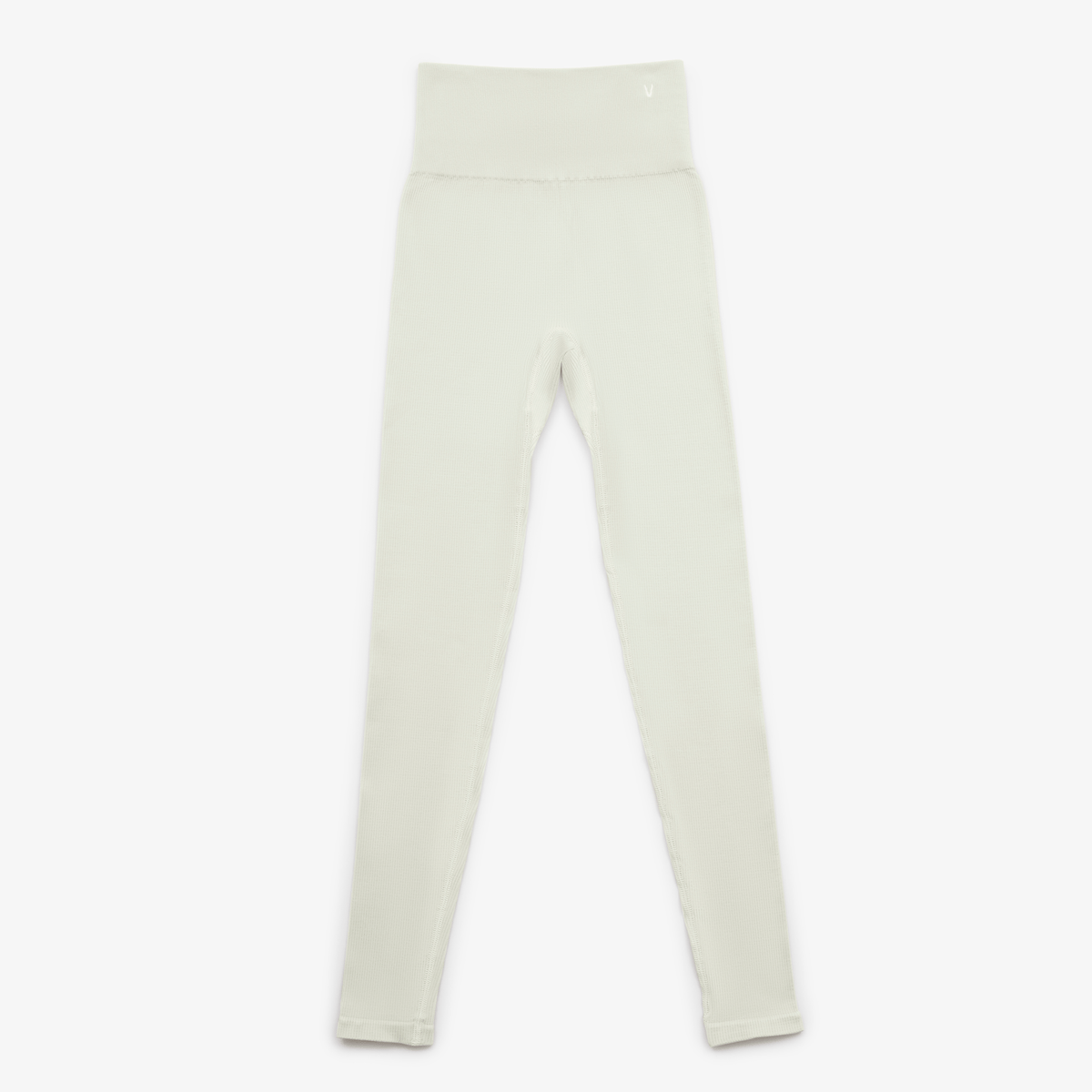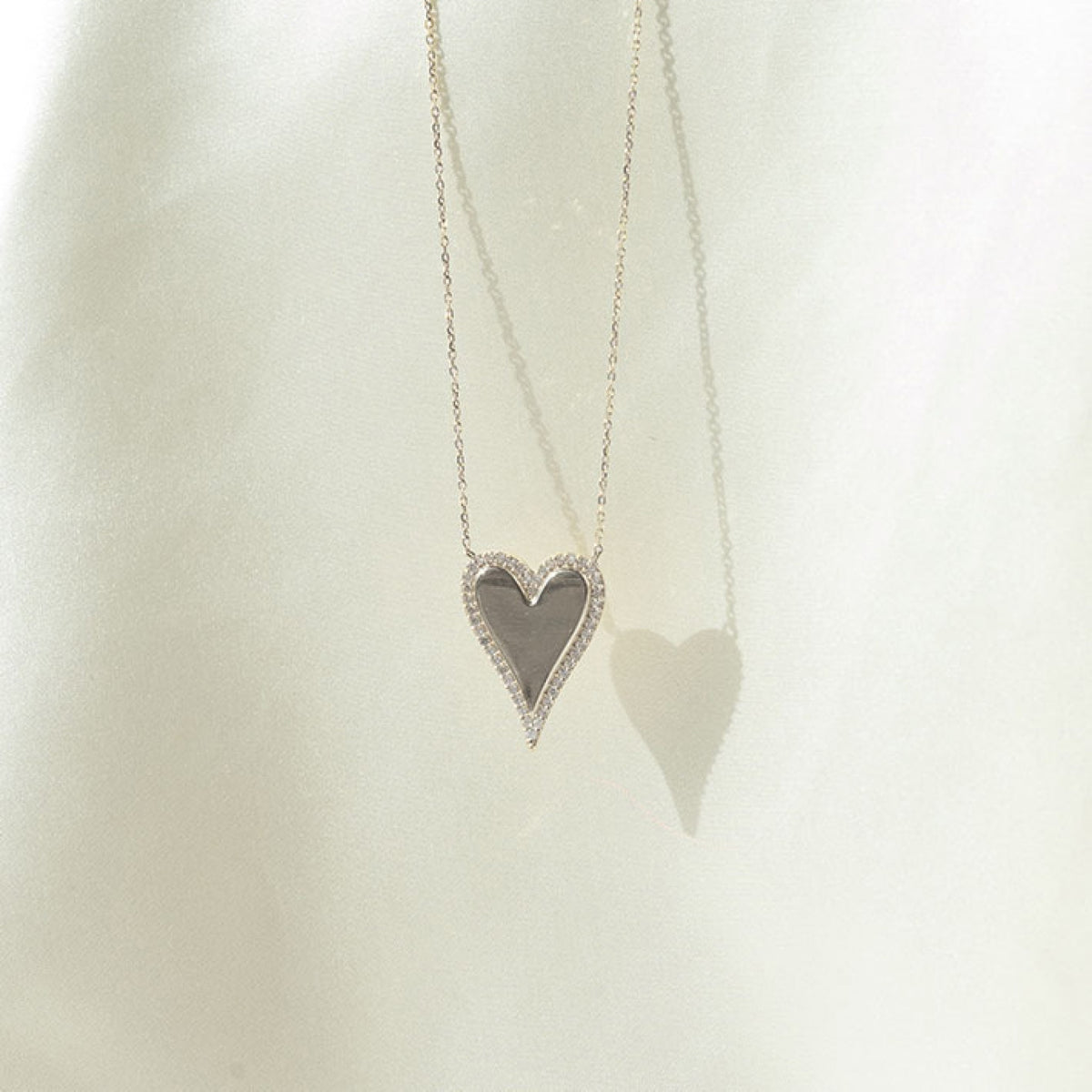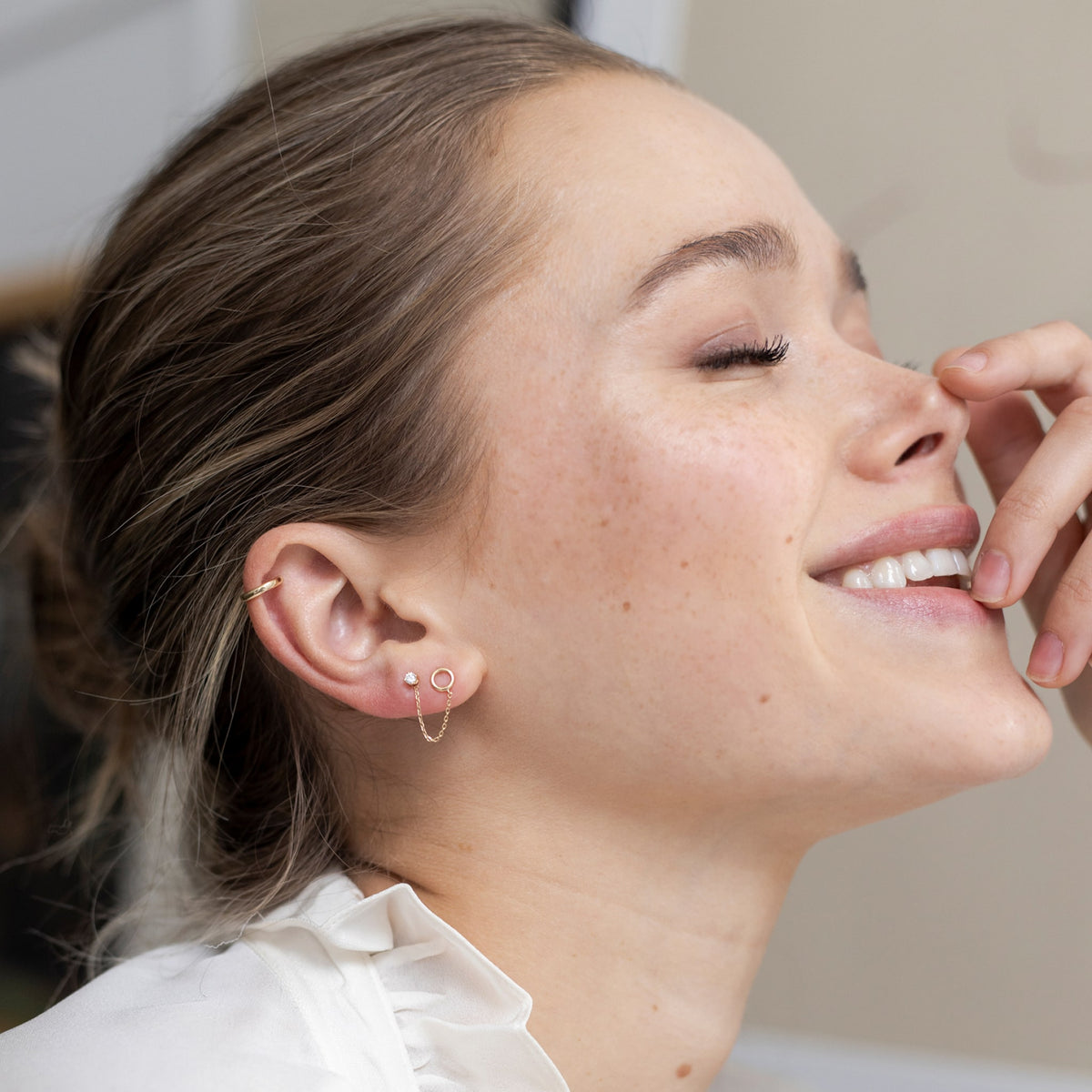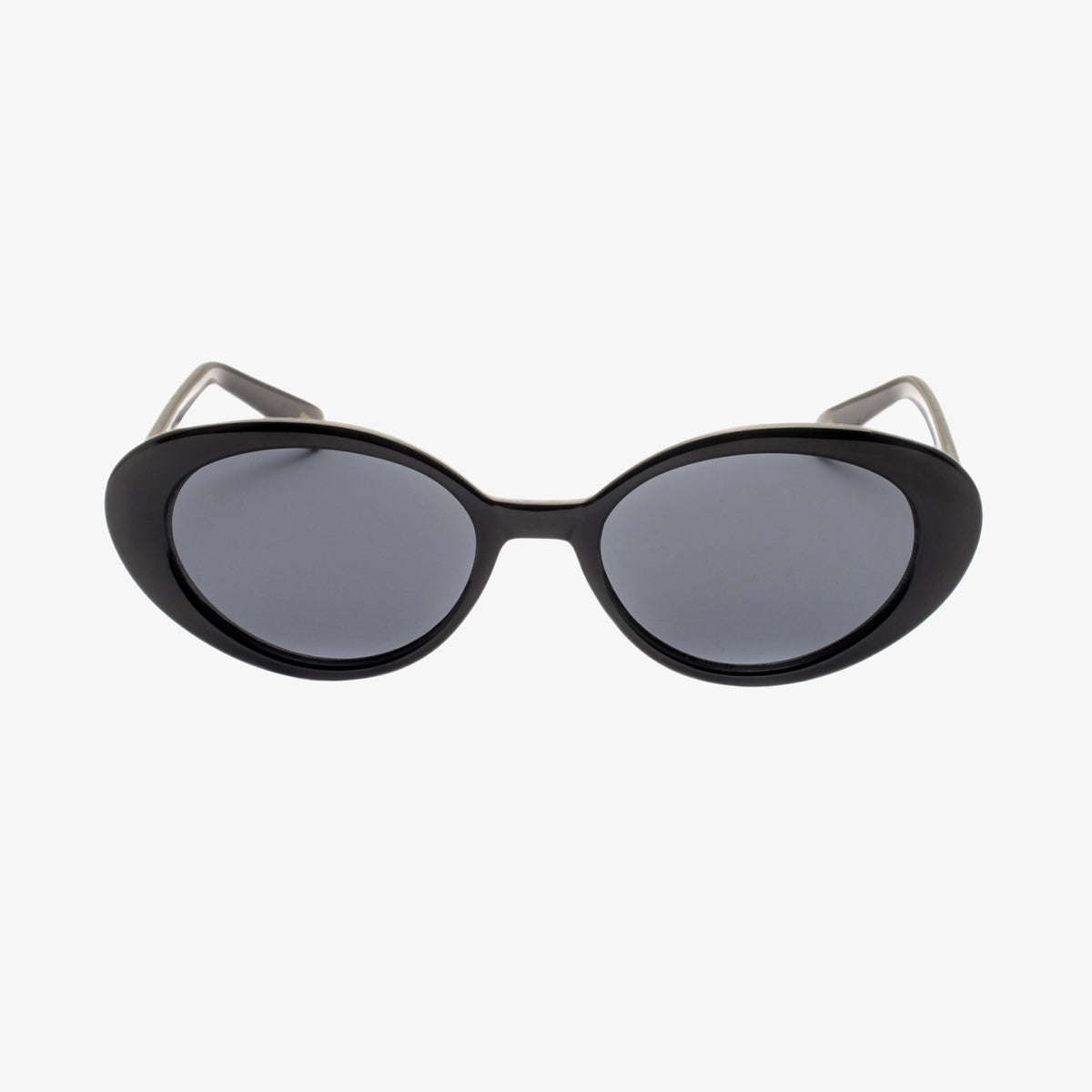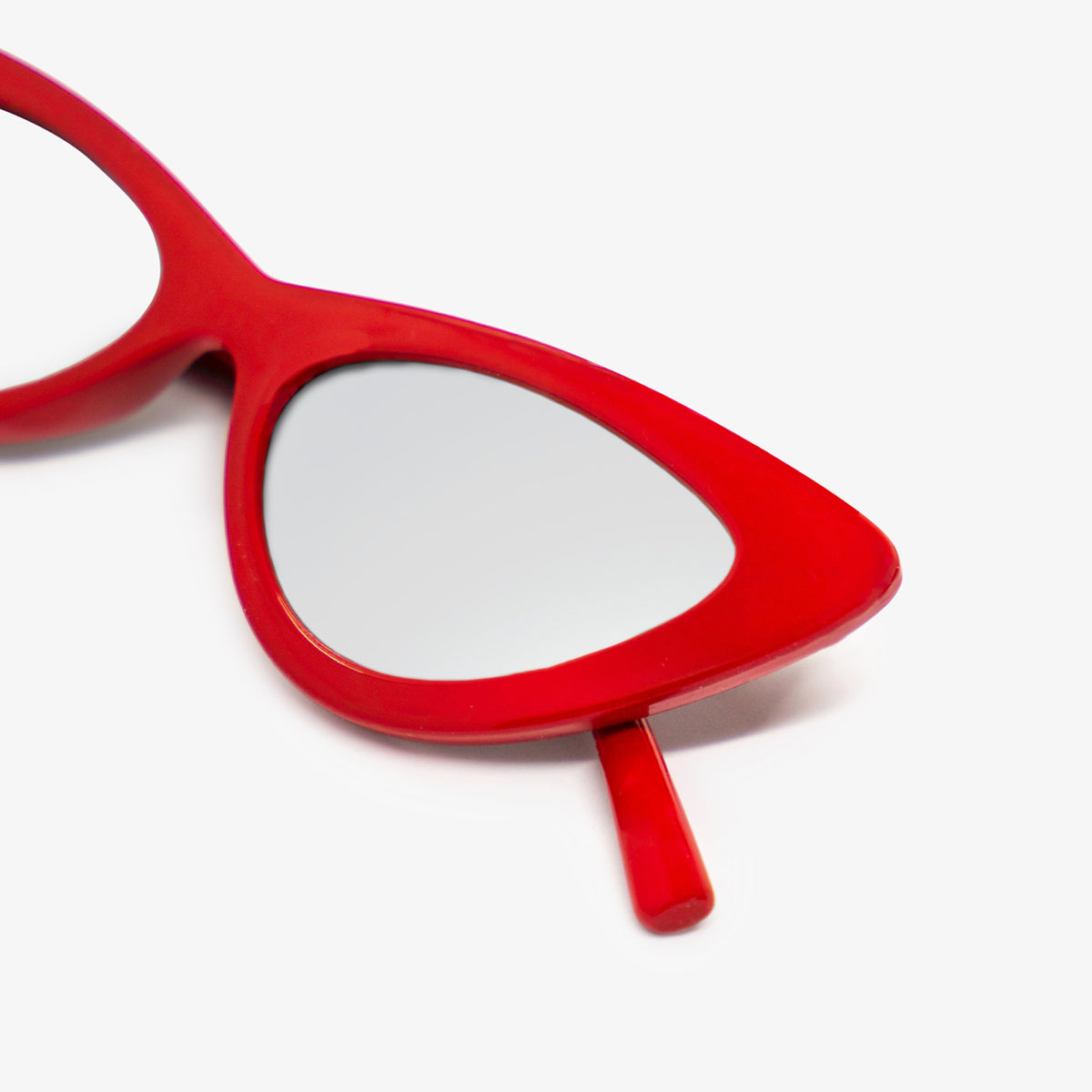Low energy is something almost everyone experiences at one point or another, regardless of how many cups of coffee you down. We all wish we could be the type of person who has endless energy all the time, but if you’re anything like me, you wake up most mornings already counting down the hours until you can go back to sleep. Chronic low energy can be caused by a myriad of issues like anaemia, hypothyroidism, or other mental health disorders, but most commonly, the causes are behavioural and may be remedied by simple lifestyle changes.
Thankfully, those Energizer Bunny-type people (who annoyingly seem to have it all figured out) have been generous enough to share some of their secrets, and although we can’t promise you’ll spring out of bed every morning, we can share these seven ways you can boost your energy naturally (and with somewhat minimal effort).
1. Get Enough Sleep
I told you this was a list of “effortless” ways to boost energy, and it doesn’t get much more effortless than this! Joking aside, I understand that falling asleep at night can be tough but developing a consistent sleep routine and making sleep a greater priority in your life is going to work wonders on improving your energy level. We all require different amounts of sleep, so it’s not a “one size fits all” equation. Age, genetics, activity level, as well as a number of other factors all play a role in our optimal amount of sleep, so figuring out the right amount of sleep for you is a great first step to feeling like a more energized version of yourself. If you're feeling immediately drained waking up from six hours of sleep - it may be a sign you're not getting enough rest. Similarly, if you're feeling groggy and exhausted after ten hours of sleep - there's such a thing as over-sleeping and it could be a sign of other mental or physical health issues.
2. Get Daily Sunshine
The sun gets a bad rap and we’re here to right that wrong. Yes, UV exposure can be extremely damaging for our skin and is known to contribute to certain cancers like melanoma, but moderate amounts of direct sunshine can lead to huge benefits to our mood and overall energy levels. Sunshine is believed to promote serotonin (the feel good and energizing hormone) released in our brains (Healthline). When we lack serotonin in our system, we start to feel drowsy, and sometimes a little blue and lethargic. This is a big part of why we start to feel tired after the sun goes down and why many of us experience the 'winter blues' toward the end of winter when we’ve had a prolonged period of limited daylight and time spent outside. So making a conscious effort to spend even fifteen minutes outside per day, even in the winter, is a simple life hack that could produce noticeable positive effects in both mood and energy.
3. Avoid Excess Sugar
Right - so this is a harder one - no tip-toeing around the truth here. Sugar has a really sneaky way of making you feel energized and perky but the effects are short-lived and the crash afterward is drastic and hard-hitting. It’s easy and very satisfying to eat or drink something with a high sugar content because we get the immediate effect of increased energy levels, but when our blood sugar spikes, our body goes into overdrive to try to get back to our equilibrium as quickly as possible by producing insulin to counteract the sugar. This results in an overcorrection, and a huge drop in blood sugar we experience as the proverbial “sugar crash” that we all know and hate so much. Often this crash convinces us to consume more sugar to chase that oh-so-satisfying sugar high once again, and the cycle repeats. This constant rollercoaster ride is extremely energy consuming for our bodies and results in us feeling much more depleted at the end of the day than we otherwise would be. Avoiding excess sugar and saying “no” to the sugar cycle allows our bodies to maintain an optimal blood-sugar equilibrium, which allows us to use energy for more productive uses, like spending time with friends and families and not feeling completely drained after.
4. Adopt a Consistent Exercise Regime
What is the one thing we all remember from high school biology class? Say it with me, “the mitochondria are the powerhouse of the cell.” But what does that mean and what does it have to do with our energy levels? Mitochondria in our muscle cells are responsible for producing the energy that drives our bodies to move and function in everything from mundane activities to strenuous feats of strength. Adopting a regular exercise program, even a light to moderate regime, drives the body to produce more mitochondria in our muscle cells which in turn increases our body’s overall energy production and the effects are fairly long lasting, as long as we are consistently feeding the habit (Harvard Health Publishing). It may sound counter-intuitive: “tire yourself out so that you can feel more energized,” but that’s exactly how it works. Taking up yoga or even a brisk walk in the morning can be great daily habits to produce long lasting effects on your energy levels.
5. Drink Lots of Water
Being dehydrated is extremely taxing on the body. It negatively affects the appearance of our skin, the quality of our sleep, and the performance of our body on a daily basis. Our bodies are made up of about 60% water, so it’s no surprise its presence (or absence) affects us in such impactful ways. Each and every organ, tissue, and cell in our body relies on water to function so that’s why we so resolutely recommend you carry a water bottle around with you at all times - it is quite literally our body’s fuel. Knowing how much water we need to drink, however, is not exactly cut and dry. There are common rules of thumb like “8x8” (eight glasses of water eight times per day), but our daily requirements are dependent on so many factors like: body size, activity level, and diet. To ensure you are getting enough water, allow your body to tell you what it needs. Having a dry mouth, headaches, and dark urine are all signs that we are dehydrated and need to make a habit of drinking more water (NBC). Don’t wait until you’re thirsty to drink water, allow it to become a consistent habit by setting reminders on your phone to ensure your gas tank is full and your body is energized and running the way it’s meant to.
6. Reduce Alcohol Consumption
A nice glass of wine may sound like a great way to relax and decompress at the end of a long day, and many of us may find that it actually helps us fall asleep at night. This is because alcohol is a sedative and reduces the time it takes us to fall asleep - something so many of us struggle with. But alcohol negatively affects the overall quality of sleep and our ability to stay asleep (National Institute on Alcohol Abuse and Alcoholism). So, although we may fall asleep faster with a light buzz, we are not waking up as well rested as we do when we take alcohol out of the equation. Simply cutting back on alcohol consumption may be enough to improve the quality of your sleep so that you can wake up rejuvenated and ready to tackle the day with a full bout of energy.
7. Socialize
Humans are social beings. Yes, even the most self-proclaimed “textbook introvert” among us (raising my hand as high as it will go). We feed off other people’s energy. If you’re an extrovert, the more socialization the better. You feel noticeably more energized after spending time with other people. If you’re an introvert, prolonged social interactions may leave you feeling drained and depleted but striking that perfect balance is key. According to the World Journal of Psychiatry, social isolation is proven to significantly contribute to sleep disturbances and signs of depression (Choi et al., 2015). Socializations can be as simple as a quick conversation with the checkout clerk at the grocery store, or the friendly owner of your dog’s best friend at the dog park. So don’t be afraid to say “hello” to the stranger you pass on the street - it just might benefit both of you more than know.
Read Next: 4 Mind Rituals To Reclaim Your Happiness
References:
Does Exercise Really Boost Energy Levels?, Harvard Health Publishing
Impact of social isolation on behavioral health in elderly: Systematic review, World Journal Of Psychiatry
Sleep, Sleepiness, and Alcohol Use, National Institute on Alcohol Abuse and Alcoholism
What Are The Benefits Of Sunlight?, Healthline
What You Should Know About Drinking What (But Probably Don't, NBC News







